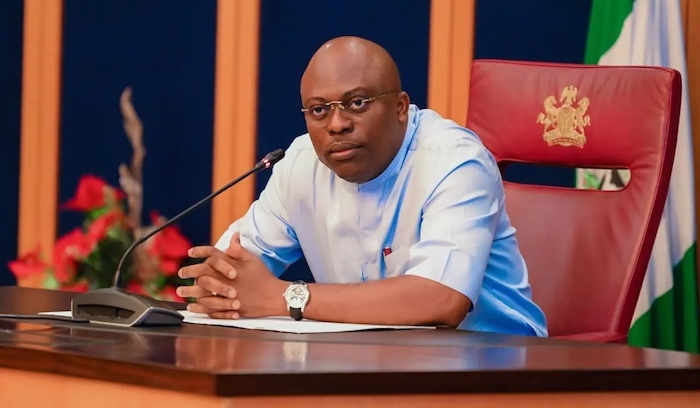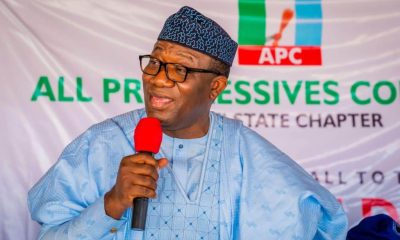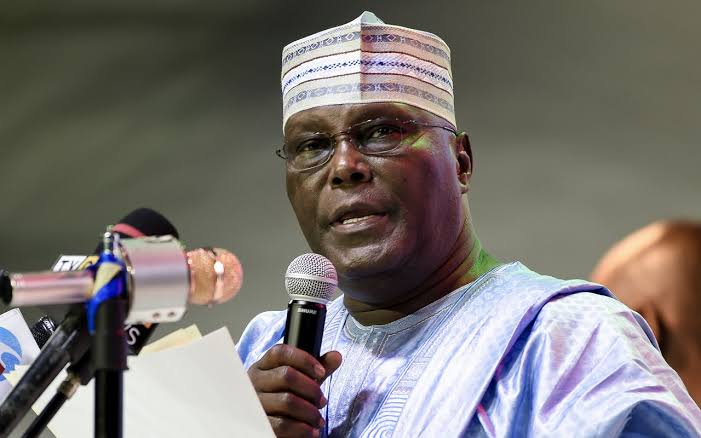Politics
12 Political Highlights That Shaped Nigeria in Y2024
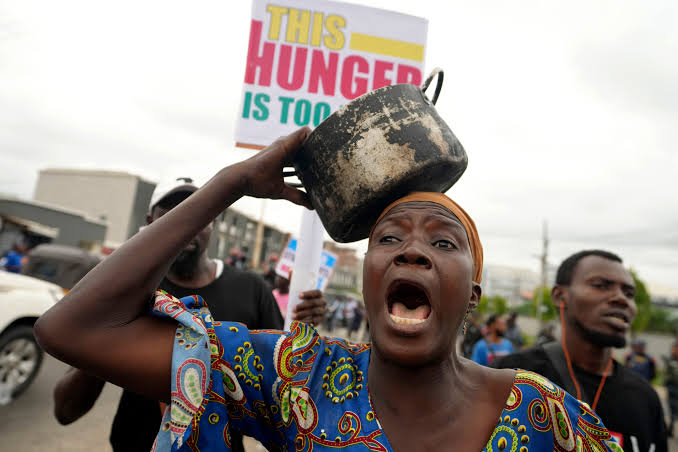
As we near the end of 2024, Nigeria has experienced several major political events that have significantly impacted the nation.
Eko Hot Blog reports that some of the most notable include:
1. Introduction of Old National Anthem
In May 2024, Nigeria made a historic decision to adopt a new national anthem titled “Nigeria, We Hail Thee.”

The anthem was officially readopted on May 29, 2024, as a symbol of the country’s evolving identity and aspirations.
EDITOR’S PICK
- Destination Lagos Awards: Epe LG Chairman, Princess Animashaun, Wins “Best Tourism Friendly Chairman Award”
- Obanikoro to Lagos Army Recruits: Show Resilience and Excel in Service
- FCC Commissioner Bawalla Charges 88 RRI Candidates Lagos Recruits to Play Key Role in Nation-Building and National Security
2. Increase in minimum wage
The decision to raise the minimum wage from ₦30,000 to ₦70,000 was a significant one, coming after prolonged negotiations between labor unions and government officials.
The increase was a response to rising living costs and was intended to improve the financial well-being of workers.
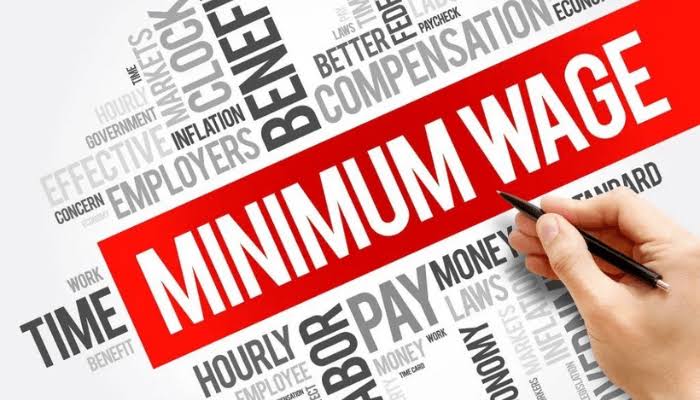
It’s also interesting to note that the initial proposal by labor unions was for a much higher minimum wage of ₦494,000, while the government initially offered ₦60,000.
After negotiations, the workers demanded ₦250,000, and the government eventually agreed to ₦70,000.
3. National Grid Collapse
The collapse of the national grid has had severe consequences for Nigerians, disrupting daily life and exposing the vulnerabilities in the country’s power sector.
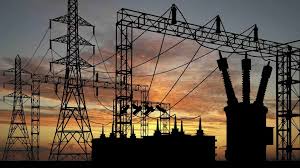
With the grid experiencing 12 collapses in a single year and the destruction of 128 transmission towers, it’s clear that urgent action is needed to address these challenges and prevent further disruptions.
4. The End Bad Governance protests
The nationwide protests in Nigeria, driven by the cost-of-living crisis and rising costs, have resulted in tragic consequences, with at least 11 people killed and one journalist arrested.

This highlights the ongoing struggle for Nigerians to make their voices heard and demand change from their government.
5. Nyesom Wike vs Fubara and Rivers LG Election
The recent local government elections in Rivers State have highlighted the ongoing political tensions between Governor Siminalayi Fubara and his predecessor, Minister Nyesom Wike.
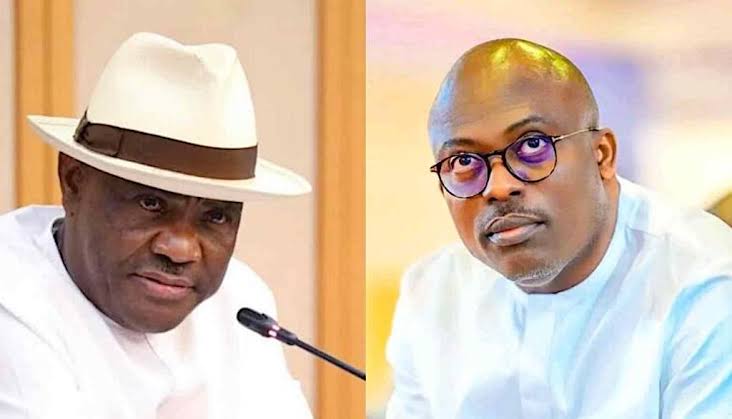
The elections resulted in Fubara’s faction, under the Action Peoples Party, winning 22 out of 23 chairmanship seats, while Wike’s faction lost control of the Peoples Democratic Party in the state.
The results have further intensified the conflict between the two factions, with Wike’s loyalists rejecting the outcome and vowing to challenge the results in court.
Meanwhile, Fubara has sworn in the newly elected council chairmen, despite objections from the opposition.
6. Tax Reform Bill
The contentious tax reform bill – a topic that’s been generating quite a bit of debate and discussion in recent times.

The passage of this bill has certainly sparked some strong reactions, particularly from Northern elders who claim that it contradicts their religion, and from the Bauchi State Governor who has threatened the Tinubu administration over its insistence on implementing the policy.
7. NASS Political Cross Carpeting
Several lawmakers defected from opposition parties, particularly the Labour Party and the Peoples Democratic Party, to the ruling All Progressives Congress.
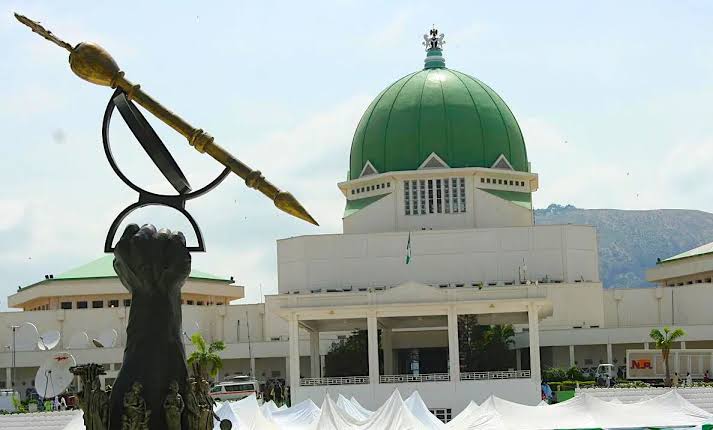
These defections have raised concerns about the stability and strength of opposition parties in Nigeria. It’s interesting to note that some opposition parties have called for legislation to prohibit political defection, arguing that it undermines the democratic process.
8. Cabinet Reshuffle
President Tinubu’s cabinet reshuffle in 2024 was quite a significant event. It’s not every day that a president decides to make such sweeping changes to their cabinet.
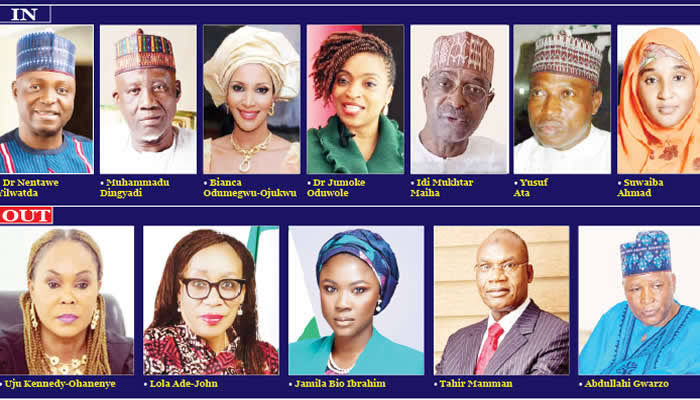
The fact that he sacked five ministers and appointed seven new ones shows that he was serious about shaking things up and bringing in fresh perspectives to tackle Nigeria’s challenges.
The fact that the ministries affected include education, tourism, women’s affairs, youth development, and housing suggests that President Tinubu was looking to address some key areas of concern for the country.
9. Ibadan Explosion
The explosion in Ibadan, Oyo State, was a tragic event that shook the nation and highlighted serious concerns about urban safety and regulation.
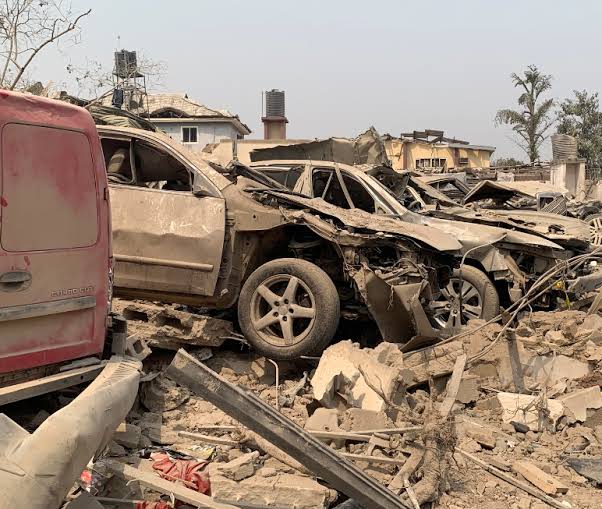
According to reports, the blast occurred in a residential area where explosives were illegally stored, leading to the loss of two lives and injuries to 77 others.
The incident also caused significant damage to surrounding buildings, leaving many people homeless.
10. Kuriga Kidnapping
The kidnapping of over 200 pupils and a teacher in Kuriga, Kaduna, was a harrowing incident that once again highlighted the ongoing security challenges in Nigeria.
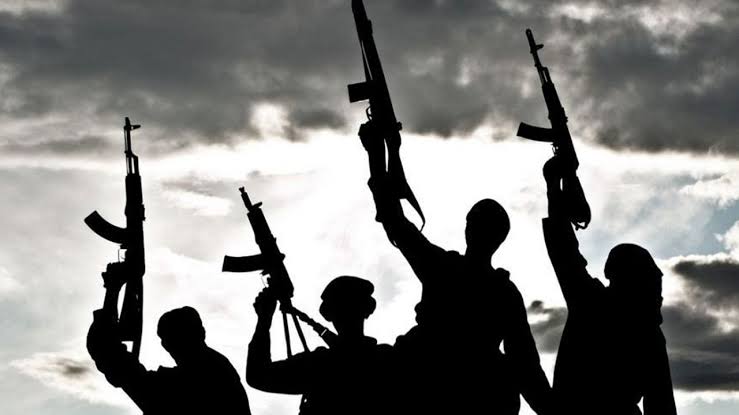
According to reports, dozens of gunmen on motorcycles stormed the school during assembly and abducted the students, aged between eight and fifteen, along with a teacher.
This incident is part of a larger pattern of mass abductions by kidnap gangs, known as bandits, that have been plaguing Nigeria in recent years.
11. Ibadan, Anambra, Abuja Stampede
The stampedes that occurred in Abuja, Ibadan, and Anambra, resulting in the loss of lives and injuries.
These tragic events highlight the urgent need for improved crowd control measures and emergency response systems across Nigeria.
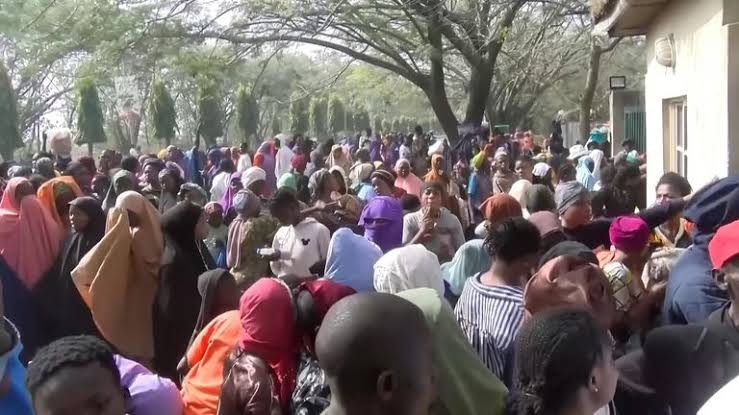
It’s alarming that such incidents have happened in quick succession, and it’s clear that more needs to be done to prevent similar tragedies from occurring in the future.
FURTHER READING
- Rivers State Assembly Split Deepens as Fubara Submits Budget to Four-Member Faction
- N9m Fraud Case: Suspect Lands in Prison Over Canadian Visa Scam
- Governor Oyebanji Signs ₦375.79 Billion Ekiti Budget for 2025
12. Badenoch vs Shettima
The public disagreement between UK Conservative Party leader Kemi Badenoch and Nigeria’s Vice President Kashim Shettima has certainly made headlines and tested diplomatic relations between the two countries.
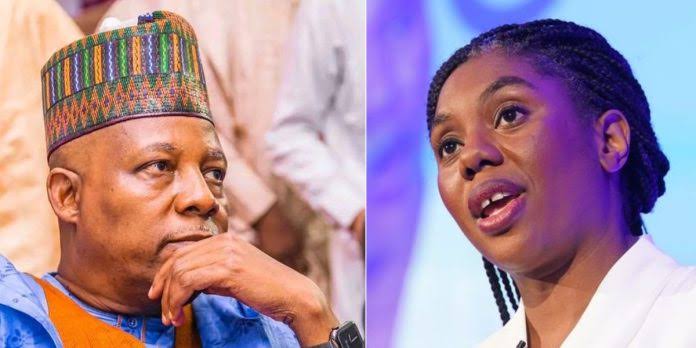
The spat began after Badenoch, whose parents are Nigerian, made comments about the country that were perceived as disparaging.
In response, Shettima accused Badenoch of denigrating her country of origin and counseled her to “drop the Kemi” in her name.
Click here to watch video of the week
Advertise or Publish a Story on EkoHot Blog:
Kindly contact us at ekohotblog@gmail.com. Breaking stories should be sent to the above email and substantiated with pictorial evidence.
Citizen journalists will receive a token as data incentive.
Call or Whatsapp: 0803 561 7233, 0703 414 5611




